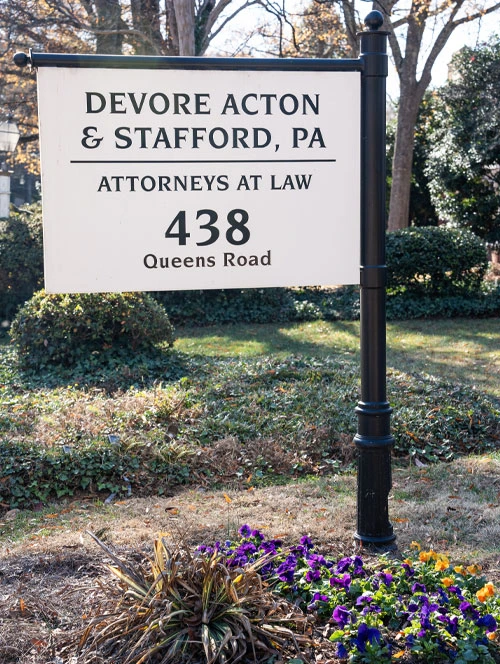A look at the controversial process of eminent domain

One of the things that Americans of every political stripe can agree on is that government can be frustrating and annoying. Frustration and annoyance can quickly turn to anger when government begins to grab the properties of homeowners and business owners by invoking eminent domain or what is sometimes called condemnation.
Let’s take a quick look at both this controversial process by which government can take your property, and your rights in eminent domain.
What is eminent domain?
The concept of eminent domains has its roots in the Fifth Amendment to the U.S. Constitution, which reads, in part, that no one shall be “deprived of life, liberty, or property, without due process of law; nor shall private property be taken for public use, without just compensation.”
Roads, rail lines and more
That’s why the governments of Charlotte, Mecklenburg County or North Carolina Department of Transportation can only seize land for “public use” — a phrase also understood to mean “public purpose.” That means that a government body can take land to convert into parks, roads and rail lines, but can also seize land for private enterprise such as a stadium for a privately owned football team when it’s decided that the for-profit venture will result in economic development that’s good for the public.
Challenging the government
North Carolina government bodies must compensate owners of properties to be taken at fair market value, but property owners have the right to reject the government’s offer. In some cases, an attorney experienced in eminent domain will secure more compensation in negotiations, and in other situations, the property owner will challenge the government in court. An attorney can assist you in getting an independent appraisal of your property to determine if an offer you have received is fair and reasonable.

request your consultation
"*" indicates required fields


